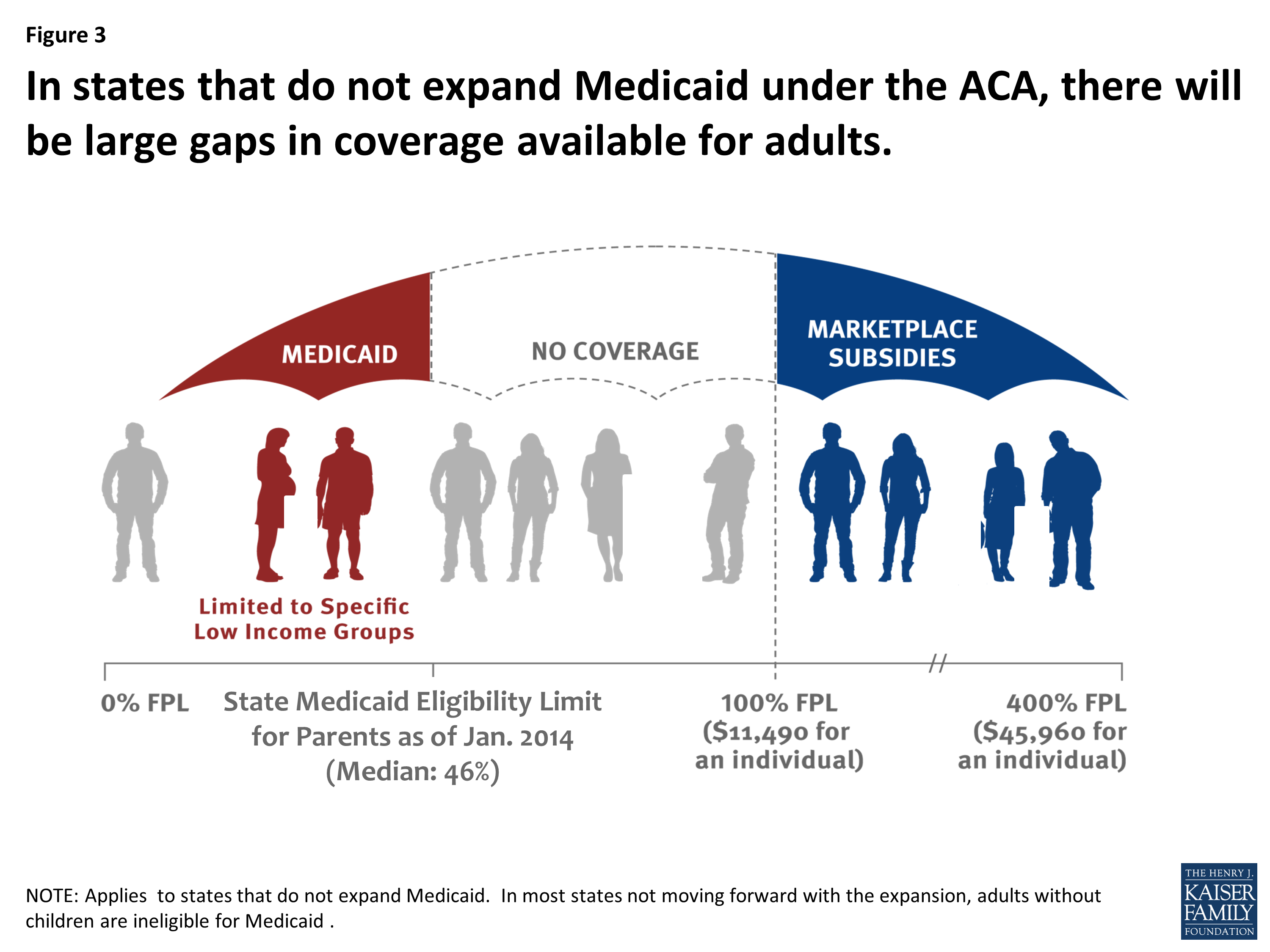Navigators, assisters, and certified application counselors are the unbiased people who are there helping consumers understand what the Affordable Care Act means for them and the new insurance options available to them through the law. We want to elevate their voices to share the experience of enrolling people and asked enrollment specialists to share their experiences with us in their own words. You can learn more about our work on Outreach and Enrollment here.
For me, working as a Navigator has been nothing short of a whirlwind adventure. I have participated in close to 100 outreach and enrollment events and have had contact with more than 1,500 consumers throughout a five county area in Kansas. When I began this position for the Salina Family Healthcare Center & Smoky Hill Family Medicine Residency Program, I was unsure of what to expect. What I have found is that regardless of people’s political or personal views, they are often pleasantly surprised to see how the Affordable Care Act has already helped them or will help them.
I have also discovered that many consumers are still unaware of the general provisions of the ACA. For example, I have explained to individuals that their pre-existing conditions can no longer be excluded from coverage and have informed parents that their children can remain on their policies through the age of 26. The reactions and responses I receive to these facts are usually positive. Often, I can sense that previously-established barriers that had been formed due to political views or misinformation are brought down.
I feel fortunate to say that I have had many success stories during my time as a Navigator. A few experiences hold a special place in my heart. I worked with a woman who had traveled more than two hours to receive in-person assistance. I helped her enroll in a plan that covered her medical needs and fit within her budget. She told me she had not seen a doctor in more than 20 years and broke down in tears upon realizing she could now afford to see one. I also received a call from a consumer who wanted to tell me how much the work I was doing meant to her and the community. She was crying as she told me that under her new health plan, she could now afford her prescriptions that were previously too expensive.
Initially, one of the challenges I faced was working with consumers who, for various reasons, were unable to obtain coverage by the date they needed or desired. Communication and technical errors between the Marketplace website and the insurance company’s website slowed the application process for some consumers. However, in all of these situations I was able to assist consumers with making phone calls and taking other necessary steps to help them complete their enrollment.
An even greater challenge I face now is that Kansas has not expanded Medicaid. I work with consumers every day who fall into the Medicaid “coverage gap,” which means their incomes are too low to qualify for financial assistance through the Marketplace, but too high to qualify for Medicaid. As a result, many residents do not have access to the care they deserve.
While Kansas does have a Medicaid program, it only covers individuals who make $7,421 or less per year. To qualify for financial assistance through the Marketplace, however, an individual must make at least $11,490 a year. Because the authors of the ACA intended for every state to expand their Medicaid program, but the Supreme Court made this expansion optional, people making below a certain amount cannot receive financial help through the Marketplace.
A particularly difficult experience has been working with single parents who are not offered coverage through their employer. I have found that parents working low-wage jobs often have income levels too high to qualify for our state’s Medicaid program without the expansion, but too low to qualify for financial assistance. To qualify for financial assistance in my state, a single parent with three kids would have to work 40 hours a week for at least $11.33 an hour. Unfortunately, not many jobs in my area pay that high of an hourly rate. This puts many families in my area in the coverage gap.
The Medicaid coverage gap leaves a significant population in my state without access to needed health care coverage. As a result many Kansans will have limited access to health care, and particularly the specialized services they may need. In my work as a Navigator, I am witnessing the hard truth that many individuals and families will still be unable to obtain health coverage, even though the Affordable Care Act planned to cover them.
-- Christina Bachman
